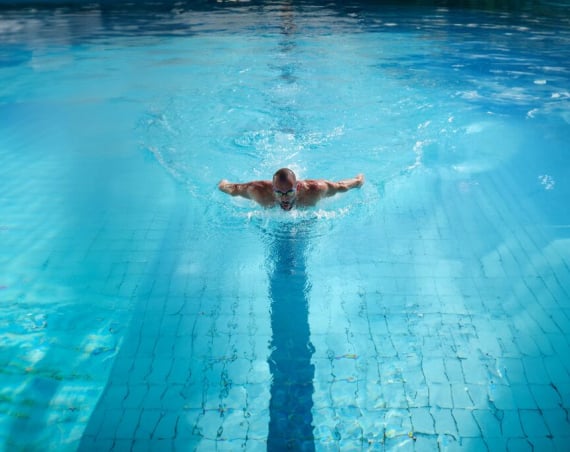Have you ever tried doing nothing? Absolutely nothing? In The Netherlands, this is known as niksen – and it could prove to be a seriously effective stress-relieving tool.
In Dutch, ‘niksen’ is a verb that comes from the noun ‘niks’, which translates to ‘nothing’ in English.
Now, doing nothing may sound somewhat indulgent. We all have responsibilities, such as work and family, and plentiful tasks associated with those responsibilities. But in our always-on culture, taking time out can be highly restorative – and we’re increasingly struggling to do so.
According to our recent research, two-thirds of us felt mentally exhausted at least once last year due to endless to-do lists (41%), the pressure of family life (37%) and pressures at work.
And even though two-thirds of us of believe doing nothing would make us happier or healthier, 60% can’t remember the last time they switched off.
With all that in mind, niksen may be the relaxation practice many of us need. Are you ready to give it a try?
To help you get started, we spoke to psychologist and niksen expert Jan de Jonge.
Jump to:
What are the benefits of practising niksen?
How do you practise niksen at home – can you listen to a podcast or read?
In your experience, what do people find most challenging about practising niksen?
How do you advise people to overcome guilt about doing nothing?
What’s the difference between niksen and meditation?
What are the benefits of practising niksen?
“It helps us to recuperate, and to enjoy the moment. It enables to body and soul to rest.
“Lastly, it simply reminds us that it’s OK to not always be on the go. Switching off for a bit, every now and then, is allowed and is good for you.”
How do you practise niksen at home – can you listen to a podcast or read?
“The good thing about niksen is that you can do what you like, as long as you are doing it without having to feel guilty for doing something that is fully focused on relaxing.
“That means not doing work, not fulfilling needs, musts or expectations or ticking off your to-do list! It’s about ‘doing nothing’: not being expected to have any productivity, being allowed to daydream… and chill.”
In your experience, what do people find most challenging about practising niksen?
“Most challenging is often the idea that we do not allow ourselves the time do nothing and practise ‘niks’ due to that feeling of nagging guilt.
“Our cultures have a role to play, too. Being busy is much more socially safe and accepted.”
How do you advise people to overcome guilt about doing nothing?
“This is important! People need to remind themselves that a huge quantity of health research shows that giving ourselves a rest is good for us. It helps set us up for the next stint of work, re-energises and even is shown (by research) to increase levels of creativity.
“It helps to talk to others about one’s need to unwind without it being overly structured or planned. niksen should be a flexible thing, without strict delineations, expectations, timings and expectations. Most of us already have enough of all that in our lives.”
What’s the difference between niksen and meditation?
“There’s some overlap, but meditation is more strictly to do with sitting still, intently focused. Meditation is often about breathing techniques, and you can include that in your niksen practice if you wish (if that’s what you want to do to relax and switch off!).
“Niksen is more free; you can daydream, make a cup of tea or look at the ceiling, without the label or ‘requirements’ of meditation. In meditation, your mind should ideally not wander. In niksen, it’s actually welcomed as a good thing!”
How frequently and for how long do you advise people to practise niksen in order to see the benefits?
“This partly depends on people’s individual make-up and needs. Our habits also play a role here. Niksen can take minutes, but also can last an hour or more! There’s no law on it.
“The guideline should be to find an approach to one’s daily life that allows for all our needs – mental, physical, social, and perhaps even spiritual – to be met. Becoming more aware of these needs is an important first step.”
David Lloyd Clubs members can enjoy a niksen class as part of the extensive on-demand content library on our app.
Explore more wellness ideas
Playlist: Relaxing music to help you unwind
Everything you need to know about sound meditation
Sleep & rest: How to get enough for you
Find a club



